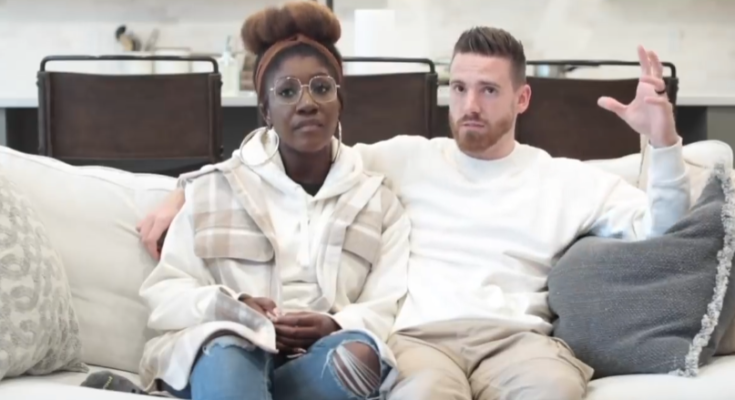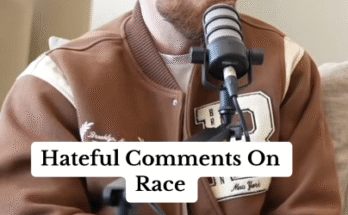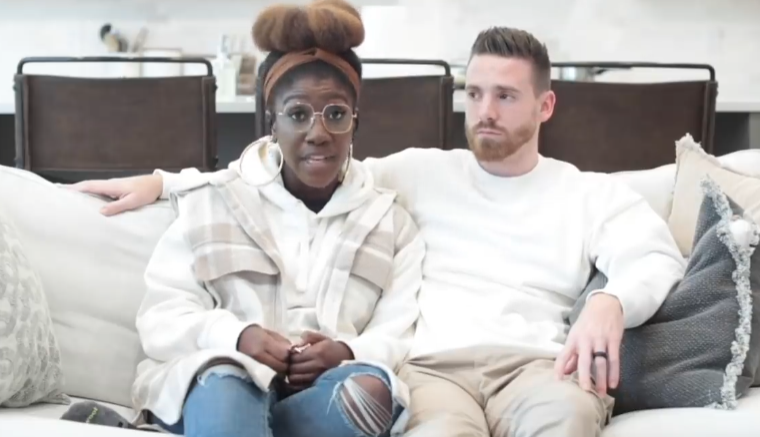
In the age of digital connectivity, social media has become a powerful platform for sharing ideas, engaging with communities, and building personal or professional brands. However, it also comes with a darker side—online attacks, criticism, and cyberbullying. For us, facing negativity on social media was an unexpected challenge, but we knew that staying silent wasn’t an option. That’s why we decided to talk about it.
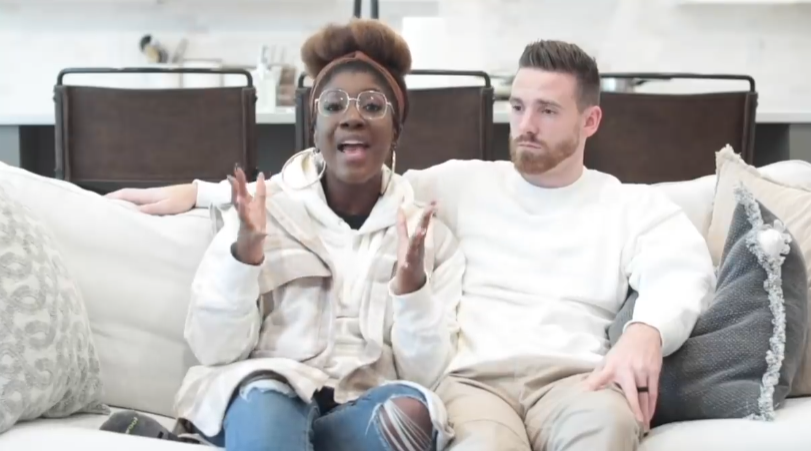
The Reality of Online Criticism
When we first started sharing our content, we anticipated different reactions. We understood that not everyone would agree with our opinions, perspectives, or creative choices. But nothing could have prepared us for the intensity of social media backlash—the sudden flood of negative comments, misinterpretations, and personal attacks.
At first, it felt overwhelming. Why were people so quick to judge without understanding the full context? How could a single post trigger such strong reactions? These questions weighed heavily on us, but as we navigated this experience, we began to understand a deeper truth about online interactions.

Why Social Media Can Be a Harsh Place
There are several reasons why social media often turns into a battleground:
- Anonymity: People feel emboldened to say things online that they would never say in person.
- Algorithmic Amplification: Controversial content often gets more engagement, pushing negativity into the spotlight.
- Misinterpretation: Without tone and body language, written words can be misunderstood.
- Bandwagon Effect: Once a few people start criticizing, others join in without fully understanding the situation.
Recognizing these patterns helped us take a step back and analyze the situation rationally instead of reacting emotionally.

The Emotional Toll of Online Attacks
Despite knowing these factors, experiencing a social media attack firsthand was emotionally draining. Negative comments can feel personal, even when they come from strangers. The pressure to defend ourselves, correct misinformation, or ignore the hate was exhausting. We went through phases of frustration, doubt, and even questioning whether we should continue posting at all.
But through it all, we reminded ourselves why we started in the first place. Our mission and values mattered more than the negativity. We couldn’t let a handful of critics define our journey.
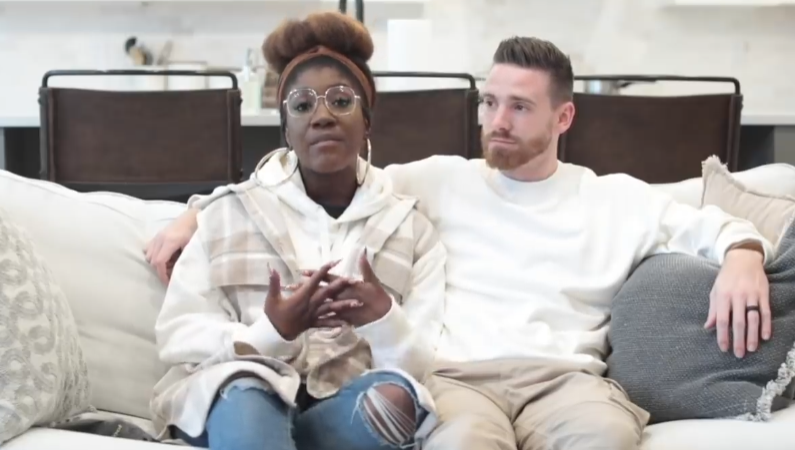
Why We Chose to Speak Out
Instead of retreating, we made the decision to address the situation openly. Here’s why:
- To Raise Awareness: Online negativity affects countless people, from influencers to everyday users. By sharing our experience, we hoped to shed light on the reality of social media toxicity.
- To Reclaim Our Narrative: Rather than letting others dictate the story, we wanted to share our side with honesty and transparency.
- To Support Others Facing Similar Situations: If even one person felt less alone in their struggles, our story would be worth sharing.
- To Encourage Healthy Conversations: Social media doesn’t have to be a place of hostility. We wanted to promote constructive discussions instead of reactive arguments.
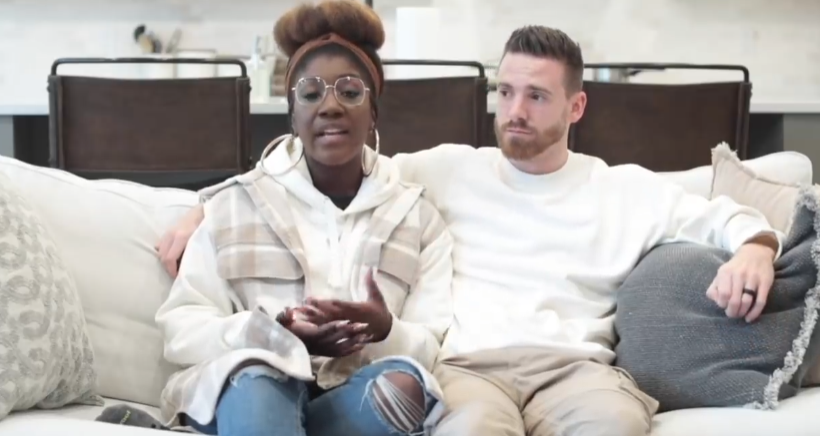
How We Handled the Situation
Navigating social media attacks required a combination of emotional resilience and practical strategies:
- Taking a Step Back: Instead of reacting immediately, we gave ourselves time to process the situation.
- Filtering Out Hate: Not all criticism is valid. We learned to distinguish between constructive feedback and harmful negativity.
- Engaging Selectively: Responding thoughtfully to genuine concerns while ignoring trolls helped us stay in control of the narrative.
- Leaning on Our Support System: Friends, family, and our community provided reassurance and perspective.
- Focusing on the Positive: For every negative comment, there were ten positive ones. We chose to put our energy into the supportive voices.
Lessons Learned
This experience, though difficult, taught us invaluable lessons:
- You Can’t Please Everyone: No matter how well-intentioned your content is, there will always be critics.
- Growth Comes from Adversity: Challenges force us to reflect, adapt, and grow stronger.
- Your Voice Matters: If you believe in your message, don’t let negativity silence you.
- Kindness is Powerful: Even in the face of hate, responding with grace can defuse tension and set an example.
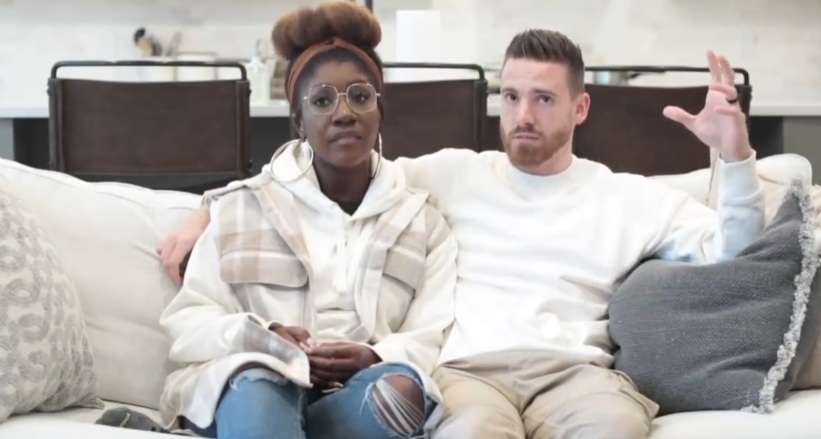
Final Thoughts
Social media is a double-edged sword. It connects us, amplifies our voices, and allows for meaningful conversations. But it also exposes us to negativity, judgment, and attacks. Our journey through online criticism wasn’t easy, but by facing it head-on, we gained strength, perspective, and a renewed sense of purpose.
To anyone struggling with social media negativity—know that you’re not alone. Stay true to yourself, surround yourself with positivity, and remember that your worth isn’t defined by online opinions. Keep sharing your story, because your voice matters.
That’s why we decided to talk about it.
